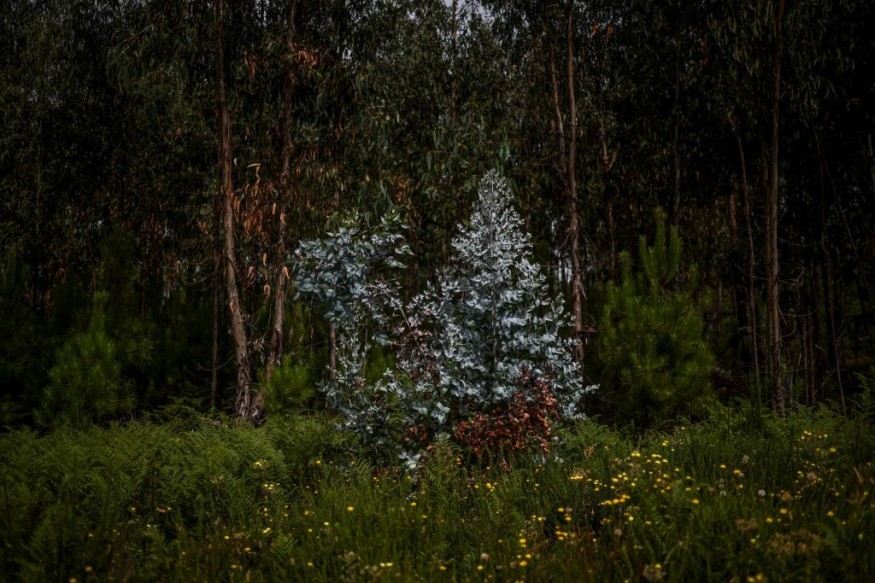
Forest bathing, or shinrin-yoku in Japanese, means to soak in the forest through all of your senses. In practice, forest bathing can be a slow, mindful walk-in nature, where you pay close attention to your surroundings using your senses (e.g. sight, smell, hearing, touch).
There is no destination or goal, other than to notice and appreciate your surroundings.
The Hidden Benefits of Forest Bathing
Science Alert recently report that forest bathing, which originated in Japan in the 1980s, can be practiced alone. However, it is often helpful to try the first few times with a guide who can suggest new ways of enhancing your senses and prompt you to notice your surroundings.
Rainforest bathing entails paying attention to the environment with one's emotions.
As per "Shinrin Yoku: The Japanese Art of Forest Bathing," forest bathing got accessible on medication, therefore when clients see their physician due to anxiety or hypertension, they may be offered the opportunity to consider taking medicine or undergo forest bathing.
When the Japanese law recognizes they had a concern with anxious employees who had too much television viewing - or "echno-stress - they engaged in forest bathing as a remedy, conserving woods and building 62 forest bathing facilities.
In the studies released in the International Journal of Environmental Research and Public Health in 2021, concentrations of the sympathetic nervous system normally reduce in blood and body fluids following approximately 15 minutes of forest bathing.
More so, investigation reported in February 2018 in the journal Biomedical and Environmental Sciences, demonstrated lowered indicators of diastolic dysfunction, inflammatory as well as reactive distress in older chronic cardiovascular malfunction individuals once they engaged in two four-day woodland bathing sessions, Scientific Reports claimed.
The English equivalent is "forest bathing," and the notion is similar to "sun bathing" in that you "bathe" in the environment of the wilderness by examining the environment and inhaling in the air and woods oils released by the woods.
Scientists determined progress toward a goal in mood disturbance following woodland bathing treatments in a study of 20 scientific articles issued in July 2022 in the International Journal of Mental Health and Addiction.
Japanese Government Push Folks
As per "Shinrin Yoku: The Japanese Art of Forest Bathing," the Japanese government has invested $4.3 million in 62 dispensaries that serve forest bathing as a general populace healthcare as of 2004.
For instance, a study published in the International Journal of Environmental Research and Public Health in February 2021 found a reduction in pulse rate when 12 competent participants performed forest bathing for 2 hours.
In research scientist Li's publication "Shinrin-Yoku: The Art and Science of Forest Bathing," he shows how breathing in the natural ingredients released by pine boughs provides 50% of the effect of forest bathing.
Yet folks don't need to feel despair if they can't devote two hours in a row forest bathing; the comparable research reveals that brief excursions to nature, which is as little as 20 minutes daily added up to two hours average weekly is still extremely helpful to a person's health and well-being.
In a study submitted in the journal Frontiers in Public Health in October 2018, researchers found that strolling in a woodland for 15 minutes improved cardiac function - a marker of cardiorespiratory fitness - in 485 male subjects.
Related article : Toxic Particles From Air Pollution Can Travel Directly to the Brain and Cause Damage
© 2026 NatureWorldNews.com All rights reserved. Do not reproduce without permission.





